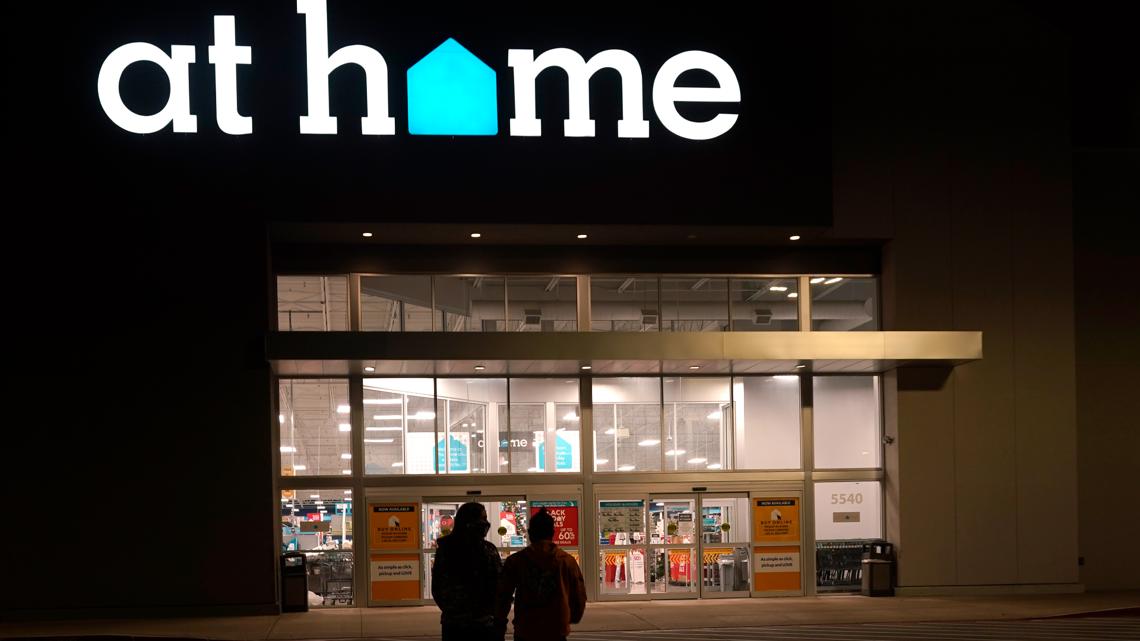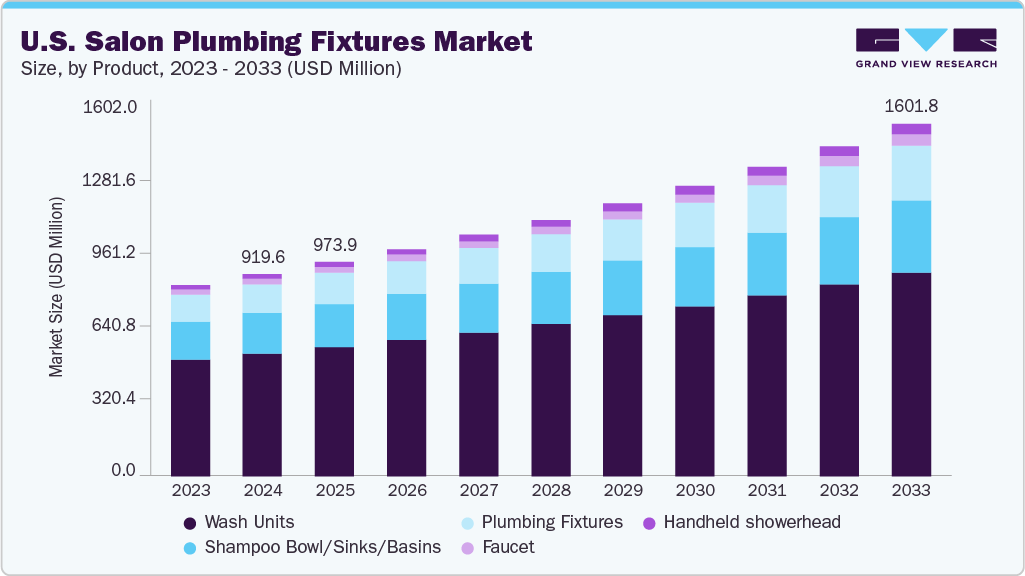STATEN ISLAND, N.Y. — New federal funding will help the owners of the Park Hill Apartments in Clifton complete much-needed energy upgrades in the federally-subsidized buildings where residents have been plagued by poor living conditions in recent years.
On Monday, the U.S. Department of Housing and Urban Development (HUD) announced $2.25 million in grant funding for DelShah Capital, the company that owns the Park Hill Apartments, which will be used to support ongoing utilities projects throughout the eight-building complex.
The $2.25 million was awarded through HUD’s Green and Resilient Retrofit Program, funded by the Inflation Reduction Act, which is the federal government’s first program that simultaneously invests in energy efficiency, energy generation and climate resiliency in multifamily housing.
“HUD Green and Resilient Retrofit funding to five HUD-assisted housing developments in New York will add to their recapitalization plans,” said Alicka Ampry-Samuel, HUD Regional Administrator for New York and New Jersey. “GRRP [HUD’s Green and Resilient Retrofit Program] will make buildings more resilient in severe weather and a changing climate. The upgrades will preserve affordable housing and provide safer living environments for children and families.”
Patrick McCann, CFO of DelShah Capital, said the funding will support plumbing and electrical improvements that are already underway, with a goal of ultimately transitioning all stoves from gas to electric power, reducing the buildings’ reliance on fossil fuels.
“We are working right now towards a complete overhaul of the electrical and plumbing systems at Park Hill. We are partnering these funds with our own investment, along with money from the Department of Housing Preservation and Development (HPD) and the Housing Finance Agency (HFA) to improve plumbing infrastructure and complete electrical upgrades,” said McCann.
“The electrical upgrades will allow us to replace gas stoves with electric and provide more energy-efficient appliances in the units. We’re totally committed to the community, and are very happy that HUD has come up with this program to help us with our renovations,” he added.
Ampry-Samuel, a former member of the New York City Council, spoke to her own personal experiences growing up in government subsidized housing, emphasizing the importance of projects like these in improving conditions for residents.
“I grew up in public housing. I grew up in NYCHA and after NYCHA in a HUD-assisted development, so I know the challenges that HUD-assisted public housing can pose, buildings that need maintenance and repairs, and HUD, local officials, owners and advocates are doing their best to ensure that residents have safe housing that they can feel proud of,” said Ampry-Samuel.
U.S. Department of Housing and Urban Development Regional Administrator Alicka Ampry-Samuel announces funding to address climate resilience and energy and water efficiency for the Park Hill Apartment Complex in Clifton in a press conference on Monday, Sept. 18, 2023. (Staten Island Advance/Jason Paderon)
Said HUD Deputy Secretary Adrianne Todman: “HUD is committed to building resilient communities and reducing costs, including lowering the cost of gas and electric bills for the families we assist. We also have an obligation to address the effects of climate change. HUD’s new Green and Resilient Retrofit Program does just that.”.
Sherry Diamond, district director for Rep. Nicole Maliotakis (R-Staten Island/South Brooklyn), thanked HUD for awarding the funding to DelShah to help improve the living conditions for Park Hill residents.
“We love when people come to Staten Island to make an announcement, especially a wonderful announcement like this. For this money to come to Park Hill is a wonderful thing that will help the residents here get nice, new electrical appliances,” Diamond said.

An aerial view of the Park Hill Apartment complex in Clifton on Tuesday, Nov. 16, 2022. (Staten Island Advance/Jason Paderon)
LONGSTANDING ISSUES AT PARK HILL
For over a decade, residents of the Park Hill Apartments have voiced concerns about poor living conditions in the buildings, including rodent and roach infestations, hazardous mold, broken elevators, faulty utilities and more.
In recent years, the Staten Island Advance/SILive.com has toured the facilities and spoken to numerous community members about the issues, with some resorting to boiling pots of water to heat their apartments during the frigid winter months.
“Here you can go day and night without heat…Parents who have little ones and infants, they’re going to have to suffer this or they have to put the stove on in order to get heat; or you have to go out and buy a space heater, one or the other, sometimes both,” Lawrence Thomas, a resident of more than 10 years, told the Staten Island Advance/SILive.com in 2021.

On a chilly morning, residents resort to using boiled water in pots to provide heat at the Park Hill Apartment Complex in Clifton on Nov. 4, 2021. (Staten Island Advance/Jason Paderon)Jason Paderon
Tanya Mitchell, who has lived in her apartment for more than 20 years, told the Advance/SILive.com in 2021 that an area of her bathroom ceiling has fallen three times due to leaky pipes. Each time it occurred, maintenance simply patched up the area instead of addressing the pipes issue.
The residents have pointed out that elevators are frequently broken or turned off in the buildings. There is an elevator on either side of each building. When elevators on one side of the building are out of commission, residents have the choice of taking the stairs or the elevator on the opposite side of building, which can only be accessed via the roof or lobby.
At one point, the elevators were turned off for repairs. Tenants said they were told the repairs would take four months, but it ended up being seven months.
“When they turned the elevators off, I had to go stay with my daughter for seven months because I can’t walk up and down the stairs. Seven months I lived with my daughter,” said Alice Hudson, former president of the Park Hill Tenant Association. “They were supposed to make accommodations for people with disabilities and the elderly. When they turned these elevators off, they did nothing.”

Members of Citizen Action and residents of the Park Hill Apartment complex in Clifton protest against the living conditions during inspections on Tuesday, Nov. 23, 2021. (Staten Island Advance/Jason Paderon)Jason Paderon
Last year, Michael Shah, CEO of DelShah Capital, told the Staten Island Advance/SILive.com that he is committed to improving the living conditions at Park Hill and working to secure the necessary funds to do so.
“We have demonstrated our significant commitment to the community at [Park Hill] by building a new basketball court and playground, and our continued spending of over $3,000 per unit per annum in repairs and maintenance. We have asked community leaders to join in petitioning New York City and New York State for funds for a comprehensive capital improvement program at [Park Hill] and we are working with tenant groups to effectuate that ideally some time next year,” Shah said in 2021.
At the time, Shah pointed out that more capital was needed to make the necessary repairs and “that annual rent subsidy alone (which is the sole funding we get from HUD) cannot be used to fund a $100,000 per unit tenant in place rehabilitation.”

Members of Citizen Action and the residents of the Park Hill Apartment complex in Clifton protest the living conditions on Tuesday, Nov. 16, 2022. (Staten Island Advance/Jason Paderon)








